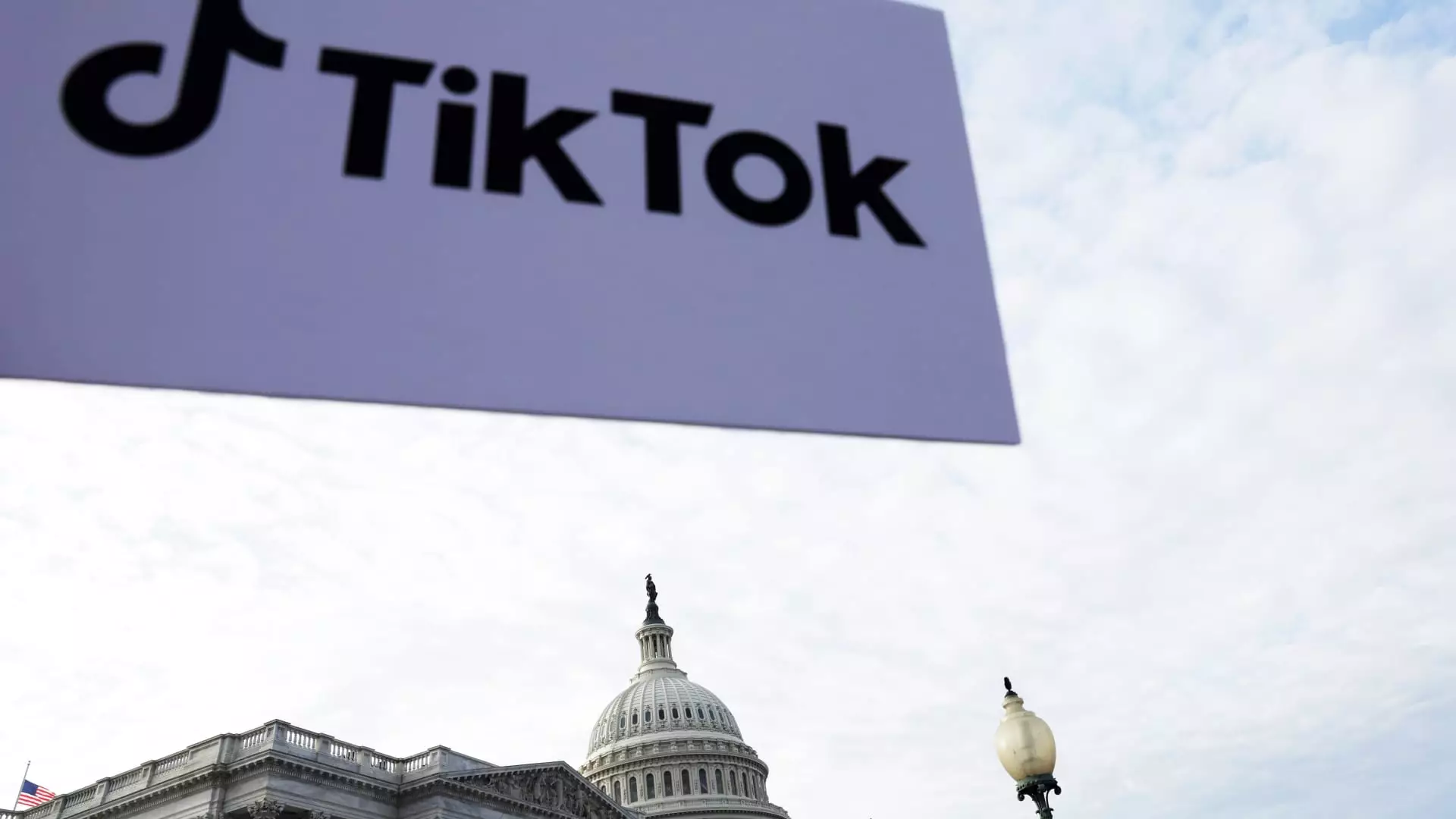The ongoing conversation regarding TikTok’s operational status in the United States highlights a critical intersection of technology, national security, and corporate governance. Recently, the House Committee focused on addressing the potential ban of TikTok, a popular social media application controlled by the Chinese company ByteDance. With pressures mounting from U.S. lawmakers, Apple and Google’s top executives have found themselves at the heart of this debate, urging compliance with a ruling that could lead to significant changes in the app’s accessibility within the country.
The Select Committee on the Chinese Communist Party has directed communications to Tim Cook, CEO of Apple, and Sundar Pichai, CEO of Alphabet, indicating their pivotal role as app distribution platforms. They referenced a recent decision by the U.S. Court of Appeals which upholds legislation requiring ByteDance to divest TikTok by January 19, 2024. Should ByteDance neglect to comply, this regulation mandates that major app stores cease all distribution, maintenance, and updates for the TikTok application within the U.S. territory. This necessitates a serious re-evaluation of the app’s operational viability in America, as adherence to legal stipulations may precipitate a significant shift in user engagement and availability.
The legislative actions taken against TikTok are deeply rooted in the prevalent national security discourse, fueled by apprehensions about data privacy and potential foreign influence via technology. Lawmakers assert that TikTok has had ample opportunity—233 days, as noted—to address these concerns and ensure compliance with U.S. laws. This raises questions about the responsibility of foreign entities operating within the U.S. and the extent to which they must align with the nation’s regulatory standards. The argument brought forth by TikTok labeling the law as unconstitutional, particularly regarding First Amendment rights, was notably dismissed by the appeals court, which affirmed the law’s intention to secure national safety.
The potential consequences of a TikTok ban stretch beyond the platform’s immediate operational scope, potentially affecting millions of users, including small business owners and digital creators. TikTok has warned that a month-long suspension could result in a staggering loss of $1.3 billion in revenue for American creators and businesses reliant on its model for income generation. This data underscores the significant economic implications of regulatory actions, revealing a complex layer of considerations involving not just national security, but also economic stability and entrepreneurship within the creative industry.
Amidst this regulatory landscape, the actions and statements of political figures add another dimension to the conversation. President-elect Donald Trump’s previous attempts to outlaw the app during his administration reflect an ongoing contention that may limit or dictate the direction of TikTok’s future in the American market. The significant ties of Trump’s financial supporters to ByteDance—highlighted by the investment interests of Jeff Yass—suggest a notable conflict that could influence decisions surrounding the company’s fate.
As TikTok files for an emergency injunction to counteract the impending ban while urging its case to be heard by the U.S. Supreme Court, the outcomes remain uncertain. The courtroom will likely be a battleground for the clash between technology and law, prompting further scrutiny of the permissible extent of government intervention in regulating foreign companies. The ongoing negotiations and potential legal rulings will elucidate not only TikTok’s future but also provide a precedent for how similar situations might be navigated in the tech sphere.
This scenario encapsulates a crucial moment for digital governance, representing the complex interaction of corporate compliance, national security, and the economic tapestry that supports millions of users. As stakeholders watch closely, the outcome of this regulatory scrutiny holds the potential to shape the future of not just TikTok, but the digital market landscape as a whole. The balance between safeguarding national interests and fostering a thriving digital economy will remain a dialogue of paramount importance for lawmakers and businesses alike.

